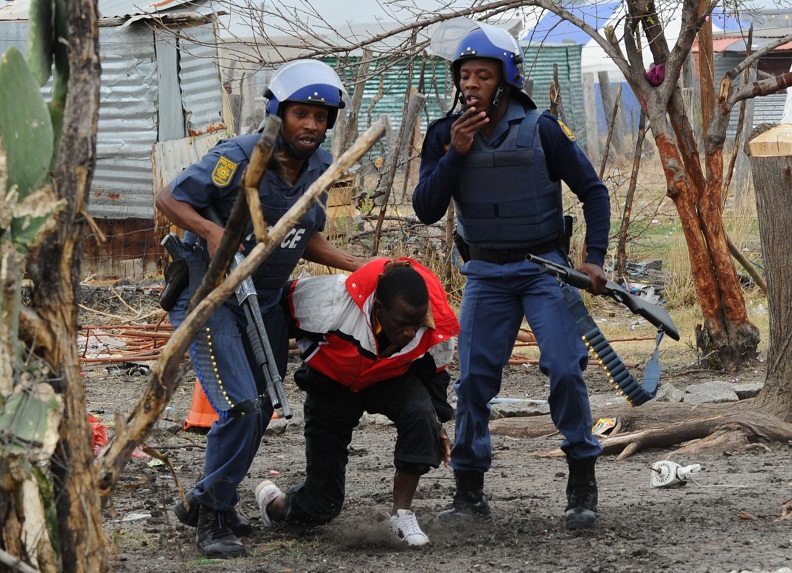All Egyptians currently trapped in the border area between Libya and Tunisia will be returned home, Foreign Minister Sameh Shoukry said after ending his trip to Tunisia.
Shoukry returned from a trip to Tunisia on Tuesday and said that according to estimates from Monday, some 4,000 Egyptians were still at the border area, state-run Al-Ahram reported. He added that the number of Egyptians there has not significantly increased in the past few days because they have realised how difficult it is to reach the border area.
The recent surge of violence in the restive neighbour has rendered the roads leading to the border area with Tunisia unsafe, prompting the Egyptian Ministry of Foreign Affairs to urge Egyptians to avoid going to the Tunisian border and to avoid being in places close to military action.
Egypt has pulled out its diplomatic representation from Libya and communicates with Libyan tribal leaders in the western region regarding providing support to Egyptians in the border area.
Egypt’s neighbour Libya hosts an Egyptian community of 1.6 million, according Libyan Ambassador to Egypt Mohammed Fayez Jibril.
On Monday, Egyptian Prime Minister Ibrahim Mehleb met with his Libyan counterpart Abdallah Al-Thani, who assured that there is no targeting of Egyptians, since the situation inside Libya is of a political nature. He stressed his government’s keenness on the continued presence of Egyptian workers, a statement by the Egyptian cabinet said.
During his visit to Tunisia, Shoukry spoke with Tunisian prime minister and an array of Tunisian ministers before visiting the Ras Jdeir border crossing, which the stuck Egyptians are using to cross from Libya to Tunisia. The foreign minister expressed appreciation for all of the assistance provided by the Tunisian side.
Tunisian authorities announced a set of measures to facilitate the evacuation of Egyptians, including exempting them from paying fees to cross into Tunisia. Tunisia also announced that Egyptians returning home from Libya can now use the Gabès airport and the Zarzis sea port, in addition to the Djerba International Airport.
On 31 July, an emergency airlift was set up between the Djerba International Airport in Tunisia and the Cairo International Airport to fly Egyptians home.
The Egyptian army in cooperation with the Tunisian Red Crescent has provided aid to alleviate the poor conditions of the Egyptians who remain in the border area.
Heavy fighting has dominated Tripoli and Benghazi for weeks. A deadly standoff between rival militias at the Tripoli Airport led to its closure since 13 July and prompted the evacuation of the United Nation’s staff from the country shortly afterwards.
Violence has repeatedly surged and died down in Libya after the overthrow of former president Muammar Gaddafi, who was killed by militants in October 2011. However, the violence drastically escalated in 2014 when retired General Khalifa Haftar launched a campaign in May to root out “terrorism” in the coastal city of Benghazi.
The authorities have denounced his actions, labelling him an outlaw.
Violence in Libya has been a major concern for its neighbours. On 14 July, Libya’s neighbours decided to form a security committee and a political committee to offer the troubled country help to end its crisis.


